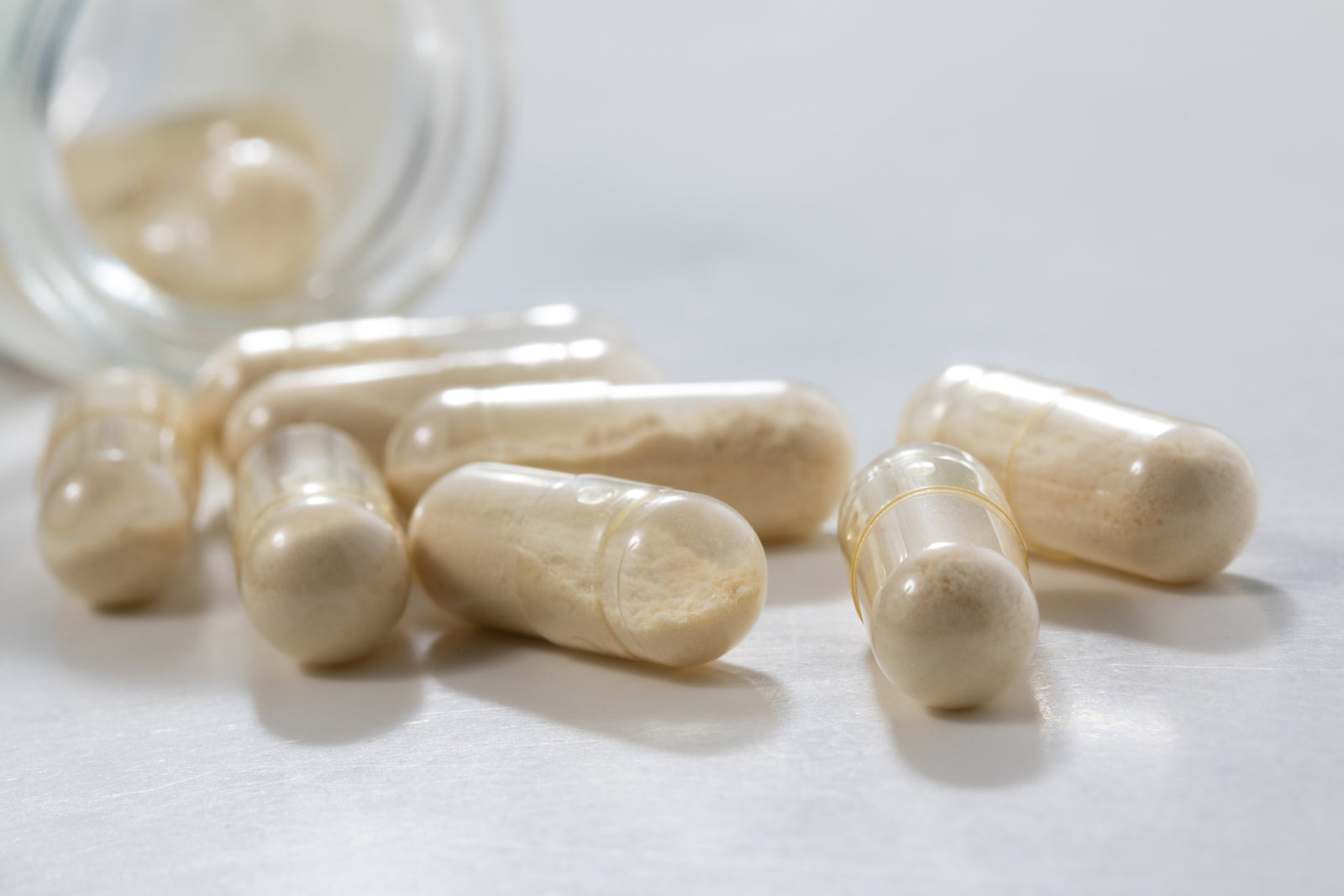Can Strong Probiotics Cause Diarrhoea?

It may feel a little confusing to consider something as natural as probiotics can cause diarrhoea. But this doesn’t necessarily mean you have chosen the wrong supplement to introduce into your daily routine, in fact, diarrhoea is a common side effect everyone experiences one way or the other. The question is, is there a point when this side effect can turn into something that requires a little more attention or concern. This is exactly what we are planning to investigate in today’s blog post, so stick around if you wanted to find out whether strong probiotics cause diarrhoea.
If you are new here and haven’t had a chance to catch up on our other blog posts, check out our dedicated one about what exactly probiotics are and the benefits they have.
Can strong probiotics cause diarrhoea?
Yes, they can, but it doesn’t always mean a bad thing. Probiotics are highly effective supplements to include into your daily routine easily. Bear in mind that one of the common side effects when you first start taking probiotics is stomach cramps, bloating, and diarrhoea. You may find that with stronger probiotics you’ll suffer from these concerns for a little longer, however, it you reach 3 weeks, and they still haven’t subsided, you must seek the help of your doctor and stop taking the probiotics.
With probiotics naturally occurring in the body you’ll find they work as a vital part of the body. Their main job is to ensure that any bad bacteria that can often grow and kill off any good bacteria in the gut, especially after you are suffering from an illness or have had to take antibiotics. With a sudden rush of good bacteria coming from taking probiotics will cause a temporary imbalance resulting in diarrhoea or frequent bowel movements. We’ll go into a little more detail about this over in the next section.
Why are my probiotics giving me diarrhoea?
This is a result of the sudden change in the gut’s microbiome. Many people find that they have an increase in bloating, gas, and diarrhoea. The imbalance of good and bad bacteria occurs on a daily basis, even a change in what you eat, or level of stress you encounter can affect the delicate balance of these bacteria. As I have already mentioned diarrhoea is a common side effect of taking probiotics and will usually go back to normal after a couple of days. If this problem persists then you need to consult with your doctor as it could be a case of changing which strain or strength of probiotics it is, you are taking.
The easiest way to think of how the gut’s microbiome works is like a rainforest. Each part relies on the other to remain the same to stay balanced and functioning correctly. If you cut down just one tree, the rest fall, this is the same as allowing the bad bacteria to overpower.
How long does probiotics diarrhoea last?
If you find that taking probiotics trigger an increase in diarrhoea you can expect this to last roughly 3-4 days. If the problem continues for longer than that you must stop taking the probiotics and see if this helps. Following that, if you find the problem continues or worsens this requires medical attention, try your best to not ignore it and ensure you drink plenty of fluids to avoid becoming dehydrated.
If you have any concerns with taking probiotics for the first time (even with them being a natural supplement) for peace of mind consult with a doctor and follow your own research into which strain will benefit you best.
What are the side effects of too many probiotics?
Probiotics are considered safe, but as I have already mentioned, they do come with some side effects such as.
- Bloating
- Increased gas
- Nausea
- Stomach cramps
- Diarrhoea
- Frequent bowel movements
There are many ways you can use probiotics in your daily routine, they come in various forms, from pills/capsules, powder, and liquids. Not to mention the variety of foods that contain high volumes of good bacteria.
Foods such as sourdough, yoghurt, cottage cheese, miso soup, sauerkraut, and pickles are all beneficial to add into your routine. Another way of knowing if a food is rich in probiotics is looking out for the label “live and active cultures” as this is a good indication too. As great as these foods are for the gut it’s still important to keep healthy and varied diet rich in wholewheat, green vegetables, and super food fruits will keep you feeling your best.
Do probiotics cause frequent bowel movements?
Yes, they do, as you now know this is a common side effect of establishing probiotics into your routine. You’ll also find that those who suffer from constipation often find that using probiotics is the best way of gaining optimal results and helping hand with frequent bowel movements.
Can probiotics worsen IBS?
Not really, you’ll find that IBS, irritable bowel syndrome, is worsened if you already suffer from SIBO, also known as small intestinal bacterial overgrowth. This only makes IBS worse as the probiotics are unable to make their way into the through the gut and intestines effectively. If you wanted to know more about how probiotics work with IBS and how they help treat it, check out our dedicated blog post over on The Health Insiders.
There you have a little insight into whether strong probiotics cause diarrhoea. Not wanting to sound like a broken record, but always ensure you have checked with a doctor or medical professional before taking any probiotics, especially if you haven’t previously taken them before.
Don’t forget to come and give us a follow on Instagram for more giveaways, new product launches, exclusive discounts, and expert tips. If you have any more questions, come, and find me in the direct messages, looking forward to seeing you there!















